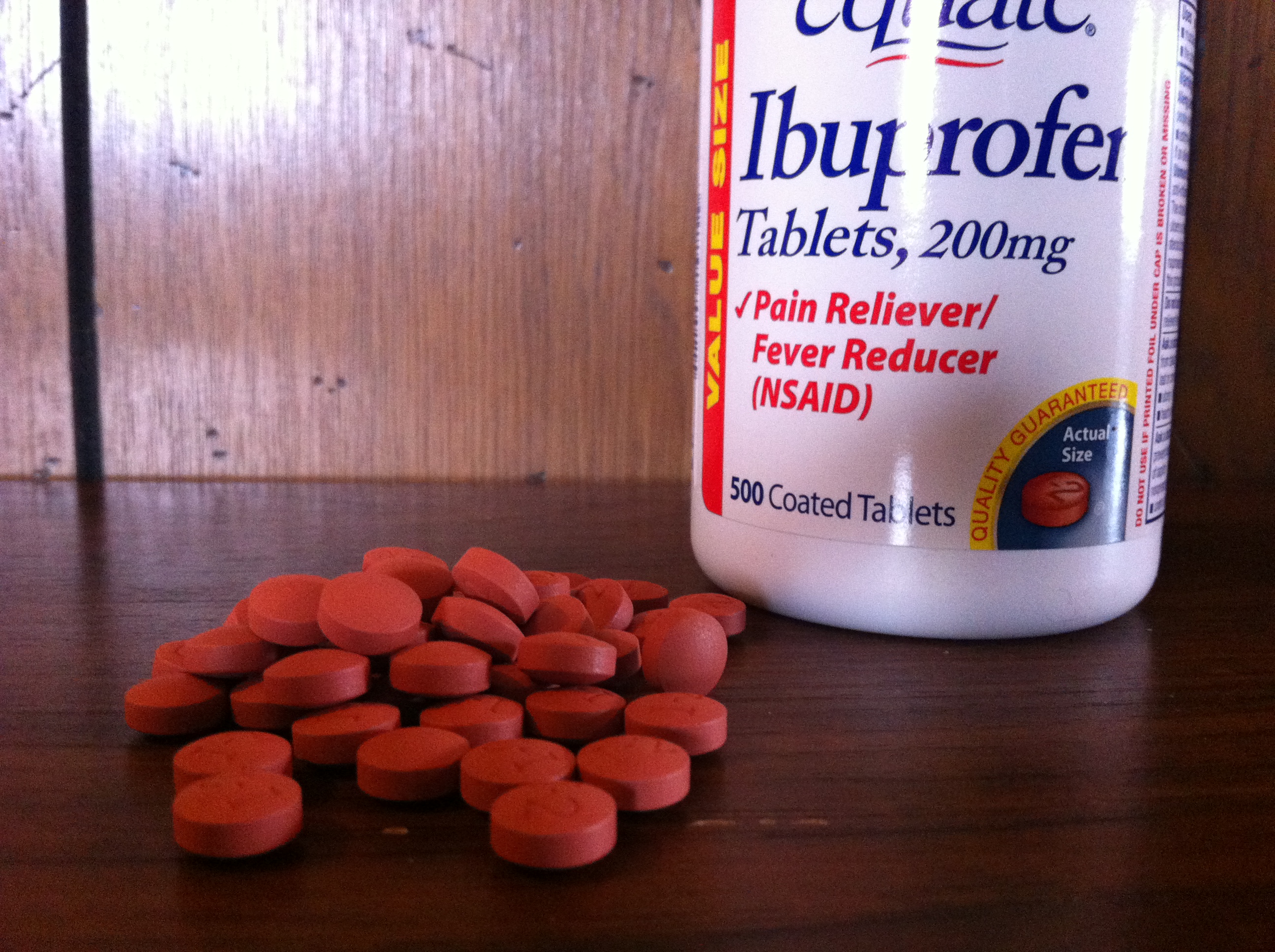These 'Harmless' Painkillers Have Been Found To Increase The Risk Of Cardiac Arrest
Study finds that the painkillers can kill more than pain.
Some of the most commonly used painkillers, like Ibuprofen and Diclofenac, that are considered "harmless" by the people have been found to be associated with increased risk of cardiac arrest, according to research published in the European Heart Journal
Known as Non-steroidal anti-inflammatory drugs (NSAIDs), these meds are used worldwide and some are available over-the-counter
Taking the over-the-counter drug was associated with a 31% increased risk, while other medicines, like Diclofenac, presented an even higher risk. It raised the risk by 50%.
Professor Gunnar H. Gislason of the University of Copenhagen, who led the decade-long study, called for tighter controls on the sale of ibuprofen and other NSAIDs.
"Allowing these drugs to be purchased without a prescription, and without any advice or restrictions, sends a message to the public that they must be safe," he said.
Previous studies have linked NSAIDs to increased risk of heart attack and stroke, heart failure and high blood pressure. Because some of them are sold over-the-counter, experts worry that people perceive them as "harmless".
There are now calls for restrictions on the sale of such pain meds
"The findings are a stark reminder that NSAIDs are not harmless. Diclofenac and ibuprofen, both commonly used drugs, were associated with significantly increased risk of cardiac arrest," Professor Gunnar H. Gislason said.
He also warned people with heart issues to avoid Ibuprofen and other NSAIDs.
"NSAIDs should be used with caution and for a valid indication. They should probably be avoided in patients with cardiovascular disease or many cardiovascular risk factors."
According to the study, NSAIDs influence platelet aggregation, cause blood clots and the arteries to constrict, increase fluid retention, and raise blood pressure.
According to Professor Gislason, these painkillers should not be sold in supermarkets or convenience stores where there is no professional advice on how to use them. He also said that NSAIDs should only be available at pharmacies and in limited quantities.
The Professor, who said that people should not take more than 1,200mg of ibuprofen in one day, also suggested they should only be taken after consulting a doctor.
"Over-the-counter NSAIDs should only be available at pharmacies, in limited quantities and in low doses. The current message being sent to the public about NSAIDs is wrong," he said, arguing that if people can buy these painkillers in a convenience store then it natural of them to think that these meds must be safe for them.
"Our study adds to the evidence about the adverse cardiovascular effects of NSAIDs and confirms that they should be taken seriously and used only after consulting a healthcare professional," the professor concluded.
Meanwhile, following the publication of the study, other experts from Australia, Britain and the US have said that NSAIDs are safe
Chief medical officer at the Australian Heart Foundation Garry Jennings said that, "There is really no information which suggests that they can cause either a cardiac arrest or heart attack out of the blue. I think that is very unlikely."
Dr. Christopher O’Connor, editor-in-chief of the American College of Cardiology journal JACC – Heart Failure, said that Professor Gislason's last suggestion goes too far.
"I don’t want my 20-year-old son who twists his ankle playing soccer to walk around in pain because he’s scared to take ibuprofen," he was quoted as saying by TIME.

